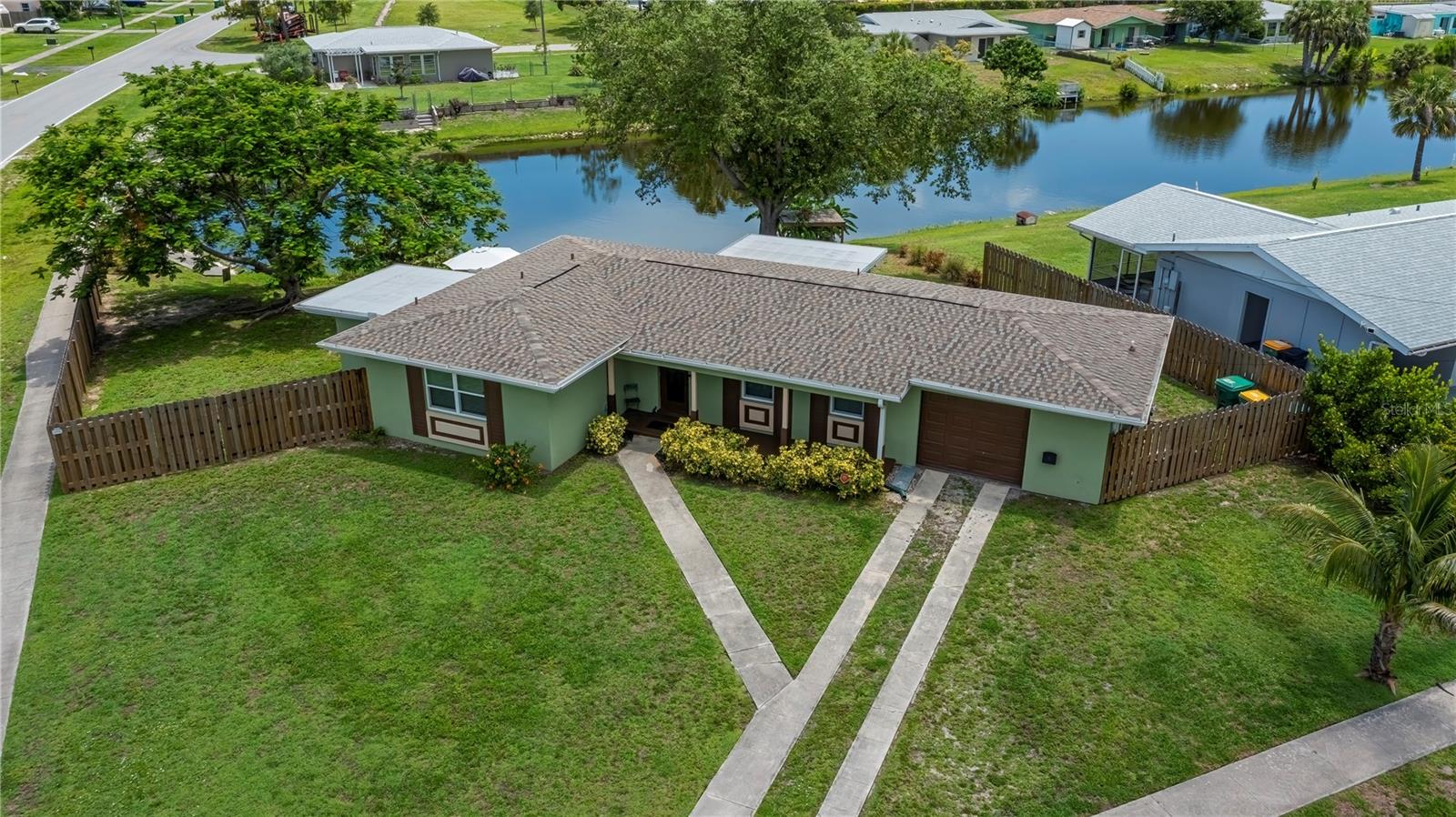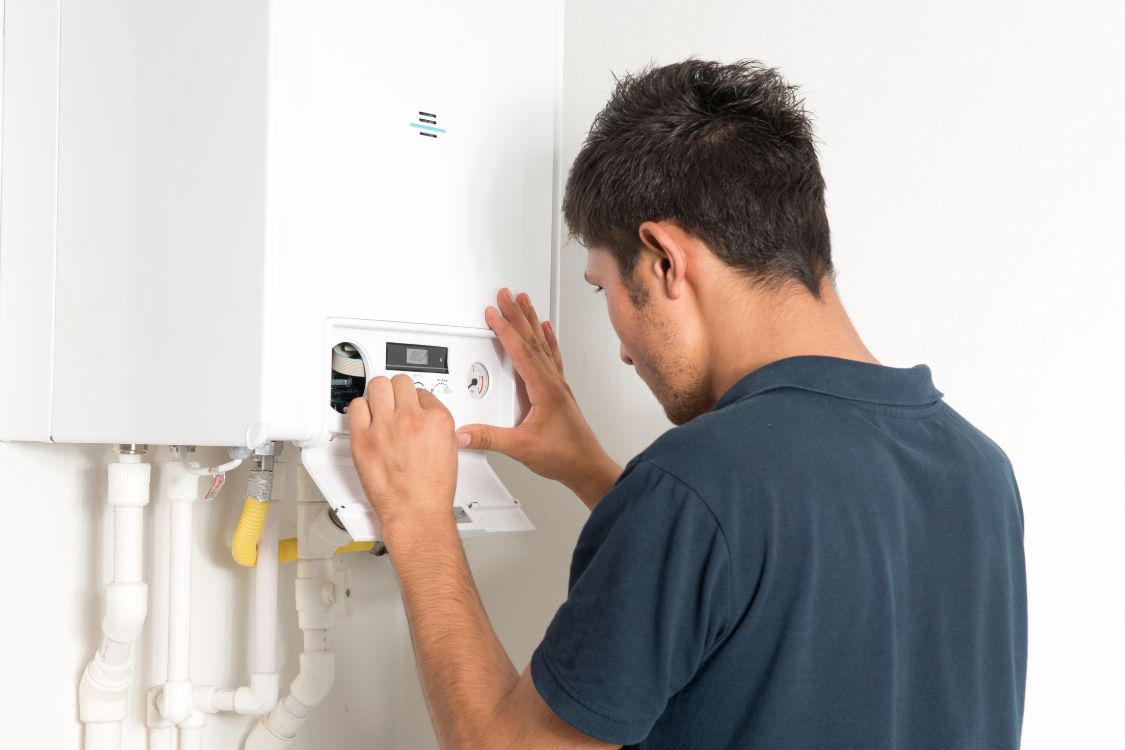Independent living for domestic violence survivors provides essential resources that help individuals recover, regain stability, and rebuild their lives after experiencing abuse. Access to the right resources ensures that survivors can transition safely into independent living while receiving emotional, financial, and legal support. Independent living for domestic violence survivors focuses on creating a safe environment and providing the tools necessary for long-term success.
EMOTIONAL AND MENTAL HEALTH RESOURCES
One of the most critical aspects of independent living for domestic violence survivors is access to emotional and mental health resources. Counseling, therapy, and support groups help survivors process trauma, manage stress, and develop healthy coping strategies. These services are integral to independent living for domestic violence survivors, as emotional stability allows individuals to make clear decisions and build confidence in their ability to live independently.
HOUSING AND SHELTER RESOURCES
Safe housing is the cornerstone of independent living for domestic violence survivors. Transitional housing programs, emergency shelters, and long-term housing options provide secure places where survivors can start over. Independent living for domestic violence survivors ensures that these accommodations are confidential, well-maintained, and equipped with supportive services to foster independence and security.
EDUCATIONAL AND EMPLOYMENT RESOURCES
Independent living for domestic violence survivors often includes educational and employment support. Programs offer vocational training, job placement assistance, and adult education opportunities. These resources empower survivors to achieve financial independence and gain the skills needed to maintain a stable lifestyle. Independent living for domestic violence survivors integrates these tools to promote self-sufficiency and long-term stability.
LEGAL AND ADVOCACY RESOURCES
Navigating legal matters is often a challenge for survivors. Independent living for domestic violence survivors connects individuals with legal advocacy services that assist with protective orders, custody disputes, and other legal concerns. These resources ensure that survivors can protect their rights while focusing on personal growth and recovery. Independent living for domestic violence survivors emphasizes the importance of having access to knowledgeable advocates who can guide and support individuals through complex legal processes.
COMMUNITY AND PEER SUPPORT RESOURCES
A strong support network is essential in independent living for domestic violence survivors. Peer support groups, mentorship programs, and community networks help survivors share experiences, gain advice, and find encouragement. Independent living for domestic violence survivors promotes social connections that reduce isolation, boost morale, and provide a sense of belonging.
FINANCIAL AND LIFE SKILLS RESOURCES
Financial literacy and life skills are key components of independent living for domestic violence survivors. Programs often provide budgeting workshops, money management tools, and practical skills for daily living. Independent living for domestic violence survivors ensures that individuals have the knowledge and confidence to handle finances, make informed decisions, and maintain independence over time.
CONCLUSION
Independent living for domestic violence survivors relies on a combination of emotional, housing, educational, legal, community, and financial resources to create a safe and empowering environment. By connecting survivors to these essential services, independent living for domestic violence survivors enables individuals to rebuild their lives, achieve independence, and pursue long-term stability. These programs provide the support, guidance, and opportunities necessary for survivors to heal, thrive, and reclaim control over their futures.



